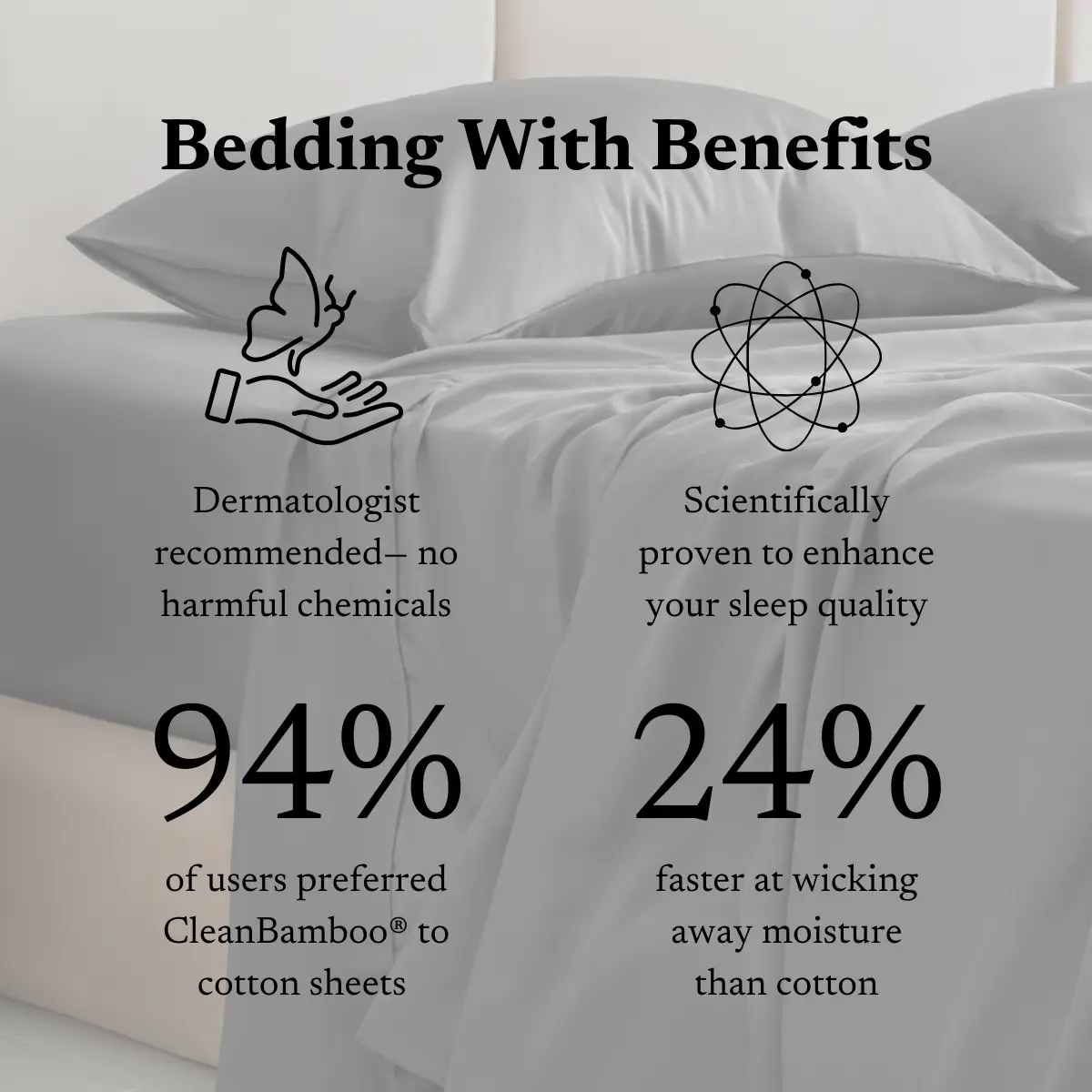Forests are beautiful and great for recreation, and they play a crucial role in maintaining the health of global ecosystems. They provide a habitat for wildlife, help support clean water, prevent soil erosion, and mitigate the effects of climate change by absorbing carbon dioxide from the atmosphere. Forests also supply materials used in various everyday products, including wood, paper, natural rubber, and man-made cellulosic fibers like lyocell, modal, and viscose, used in apparel and textile-based products.
The Forest Stewardship Council (FSC) is an international non-governmental organization. It has been a leader in promoting responsible forest management since its establishment in 1994. According to the independent Global Consumer Research Insights 2021, FSC is the world's most trusted and recognized forest certification scheme to protect the world's forests. 56% of global consumers recall seeing the FSC label. No other forest-certification scheme tested came close.
FSC's certification system allows businesses and consumers to choose wood, pulp and paper, textiles, rubber, bamboo, cork, and other forest products made with materials that support responsible forestry.
There are two types of FSC certification: Forest Management and Chain of Custody. In both types, independent FSC-accredited Certification Bodies verify that all FSC-certified forests comply with the requirements of an FSC forest management standard. These organizations assess forest management and chain of custody operations using the FSC standards independently of FSC and the companies they are auditing. This third-party verification is crucial to the integrity of the FSC system.
FSC forest management certification confirms that the forest is being managed to:
- preserve biological diversity
- benefit the lives of local people and workers, and
- ensure its economic viability.
FSC-certified forests are managed to meet strict environmental, social, and economic standards. Ten principles must be adhered to before a forest operation can receive FSC forest management certification. These principles cover a broad range of issues, from maintaining high conservation values to community relations and workers' rights and monitoring forest management's environmental and social impacts.
FSC Chain-of-Custody certification tracks products from forests through the supply chain, ensuring that FSC-certified material is identified or kept separate from non-certified material throughout the chain. Any company in this supply chain, including harvesters, processors, manufacturers, distributors, printers, retailers, or anyone who takes ownership of the forest product before the end user, must be FSC-certified to label or promote their products as FSC-certified. The Chain-of-Custody process ensures that FSC-certified products come from responsibly managed sources. For a consumer to purchase an FSC-certified product, every company that previously had ownership of the forest product material components of the end product must be FSC-certified.
When products are not FSC certified, it could mean the product material components could have been harvested from indigenous lands, endangered forests, like the Amazon, overharvested or otherwise mismanaged.
All ettitude CleanBamboo® textile products are 100% tree-free and carry FSC Chain-of-Custody certification. The raw bamboo we use is responsibly grown in FSC-certified organic bamboo forests.
When it comes to forest-based products, FSC certification is the sustainable choice you can trust to deliver better outcomes for forests, people, and markets – today and for future generations.


















































